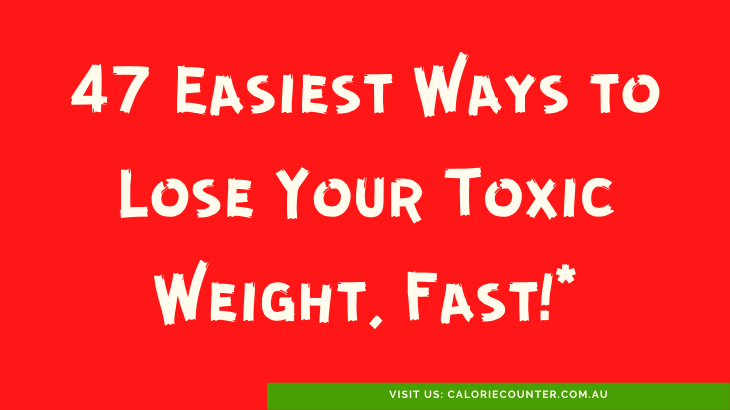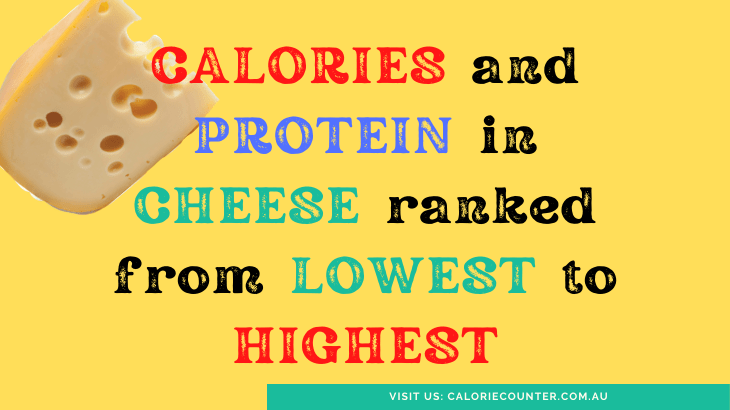Antinutrients are a real thing but don’t worry about them too much unless you suffer from some specific diseases and ailments.
What are Antinutrients?
Most people know what a nutrient is: a beneficial substance which living things use to grow, survive and reproduce. The word “antinutrient” has started to come into general usage recently. It sounds scary because it has an “anti” in front of the word “nutrient”. Most people think of “anti” as meaning something like “the opposite” of something else, for example “clockwise” and “anticlockwise”, “climax” and “anticlimax”. So, if a nutrient is something that our bodies use to survive, is an antinutrient a substance that causes our bodies to die? Is a deadly poison like arsenic an antinutrient?
In a word, no. An antinutrient is a substance that interferes with the absorption of nutrients. In other words, antinutrients stop some nutrients from being used properly.
Examples of Antinutrients
Antinutrients are found in almost all foods. You eat them every day. Here are four examples:
- Phytate, also known as Phytic Acid. This antinutrient has a strong action on important minerals like zinc, calcium and magnesium. It prevents the minerals in food from being absorbed by the body. Phytate is one of the reasons why you may not be getting enough of these minerals even if you eats lots of food which “on paper” contains large amounts of the required minerals. For example, about 80% of the zinc in chickpeas probably does not make it into the bloodstream because it is tied up by the phytate in the chickpeas. Something to think about when you read nutrition information labels… Just because a food contains 100mg of zinc/iron/calcium etc., you are probably not going to get the benefit of the full 100mg. You might get more minerals from a food with low levels of the same minerals if it is eaten without any accompanying phytate.
- Glucosinolates are found in high quantities in leafy plants like cabbage, kale and broccoli. They block the absorption of iodine, which is an important chemical used in the thyroid gland. People who do not get enough iodine suffer from a range of health problems which can be difficult to diagnose, including fatigue, weight gain, depression and goitre.
- Amylase inhibitors are found in many different types of beans such as kidney beans and broad beans. These antinutrients stop the normal digestion of large carbohydrates like starch, so that they pass through without being taken up into the bloodstream. Some of these amylase inhibitors are sold as the main ingredient in weight management pills.
- Protease inhibitors are found in very many seeds, grains and legumes including soybeans. They block several enzymes in the digestive system from working normally on protein, so that essential amino acids cannot be transferred into the bloodstream.
The list of antinutrients goes on: oxalates, phytoestrogens, saponins, flavonoids and lipase inhibitors are also classed as antinutrients.
If they are real, why not Worry?
Antinutrients are a “real thing” and many people do worry about them a lot, but these three reasons are why you should not worry about them:
- Unless you are eating a very limited diet of just a few select plant foods, you are very unlikely to be eating enough antinutrients to significantly damage your health. Humans have evolved to actively seek variety in their food, and in our society there is no shortage of food variety. That said, antinutrients are a good reason to be conscious about trying to eat a balanced diet. If you do not eat the same thing all the time, there is much less of a chance for antinutrients to be present in your diet in high enough quantities to negatively affect your nutrient absorption.
- Many antinutrients are actually good for you in important ways. Glucosinolates, for example, are the same compounds which help your body to fight cancer! Phytate (Phytic Acid) have been shown to lower blood sugar levels and reduce heart disease.
- Cooking food often reduces the levels of some antinutrients like oxalates and increases the amount of available minerals to a level which greatly outstrips the antinutrients’ capacity to block their absorption. Most people cook most of the food they eat, so antinutrients are much less of a concern that they would be if most people ate raw vegetables and grains exclusively. Cook your veggies!
When to Worry about Antinutrients
So, if the problem of antinutrients is not likely to significantly affect your health, why think about them at all? When, if at all, should you worry about them? We recommend that you give them serious thought when:
- Your doctor tells you to. Some conditions, like kidney stones, hormonal imbalances and leaky gut syndrome, can be caused by and/or exacerbated by certain antinutrients. In those cases, your doctor will tell you what to avoid.
- You are consuming big quantities of a small variety of plant foods to the exclusion of meat, seafood and dairy (think tofu and brown rice washed down with raw kale smoothies every day for a month). This is not a good thing to do, for many reasons including the chance that the chosen foods might have large quantities of antinutrients in them. The antinutrients will hamper nutrient absorption including any vitamin and mineral supplements you might take.
- You see a food advertised as being “low in antinutrients”, or read an article telling you to avoid some particular food because of its high antinutrient content, or to take something that “fights” antinutrients. Question the motives of such advice, because antinutrients are a naturally occurring feature of so many of the foods that humans have been eating for thousands of years. Anyone advising you to avoid them is probably misinformed.









